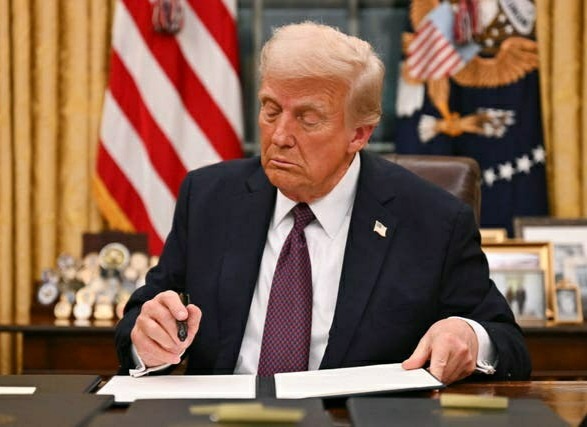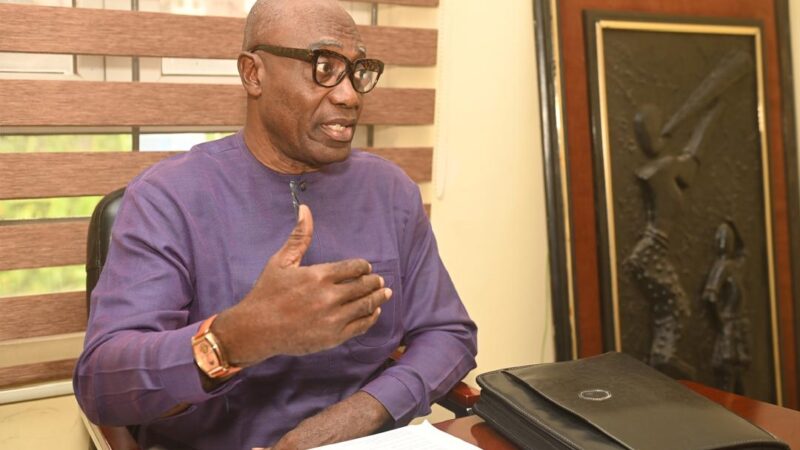Civil Rights Groups Sue Donald Trump Over Birthright Citizenship Order

A coalition of civil rights and immigration advocacy groups, including the American Civil Liberties Union (ACLU), has filed a lawsuit against President Donald Trump over a controversial executive order targeting birthright citizenship.
The legal challenge was initiated on Monday, shortly after Trump signed the executive order, which aims to halt the automatic granting of U.S. citizenship to children born on American soil whose parents are either in the country unlawfully or on a temporary stay.
According to the order, the federal government will no longer issue documents recognising U.S. citizenship to such children, with the new rule set to take effect 30 days after the signing.
The coalition’s 17-page lawsuit, filed in a federal court in New Hampshire, argues that the order violates federal law and the U.S. Constitution.
The plaintiffs assert that the executive action seeks to deprive children of what they described as the “priceless treasure” of citizenship, fostering a lifetime of exclusion and fear for families who have only ever known the United States as their home.
“For plaintiffs – organisations with members impacted by the order, and for families across the country – this order seeks to strip from their children the ‘priceless treasure’ of citizenship, threatening them with a lifetime of exclusion from society and fear of deportation from the only country they have ever known,” the attorneys stated in their filing.
The legal team contends that President Trump’s directive represents an illegal overreach, claiming that decisions about citizenship are governed by the U.S. Constitution and Congress, not by executive mandate.
The lawsuit also highlights the potential repercussions of the policy, arguing that it could render children stateless either legally or practically.
Some members of the affected groups are expecting children who could fall victim to the rule, which they say would have severe implications for their lives and futures.
The plaintiffs are seeking a court declaration that the executive order is unlawful and are requesting both temporary and permanent injunctions to prevent its implementation.
Legal and political analysts view this case as a pivotal test of the limits of executive power and its implications for constitutional rights.
The outcome could have far-reaching consequences for immigration policy and the lives of countless families across the United States.







